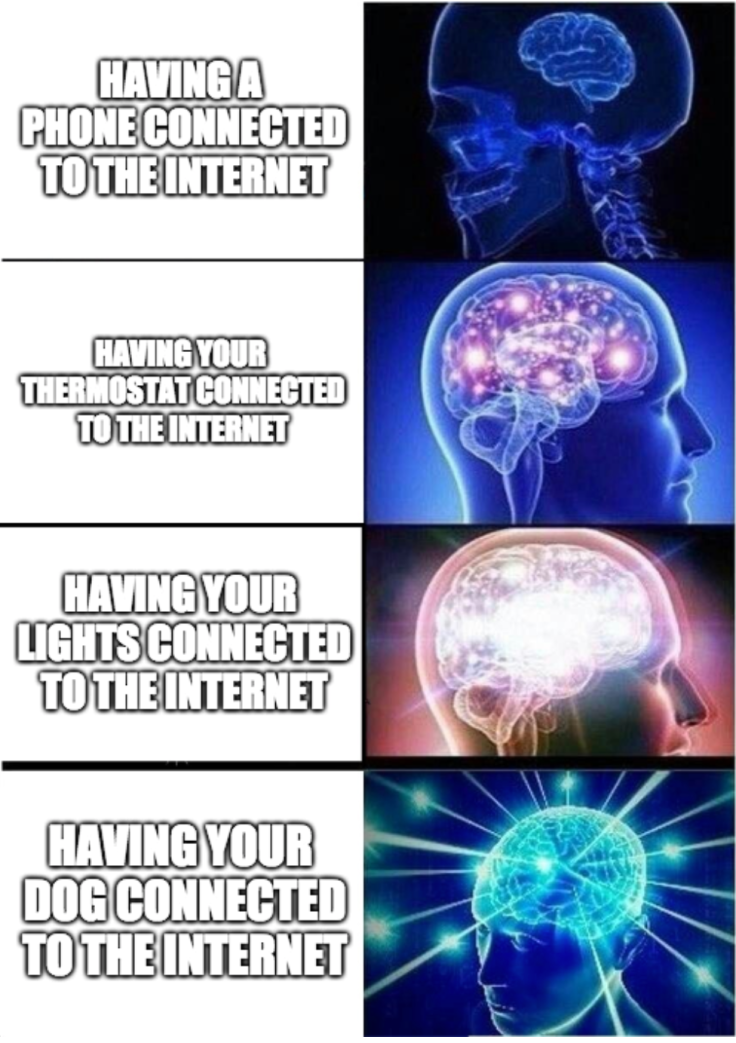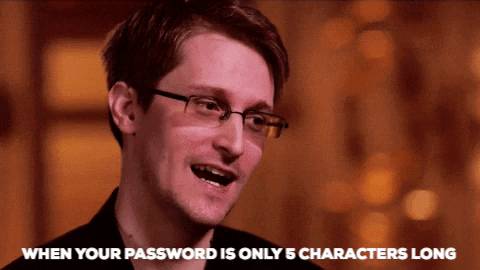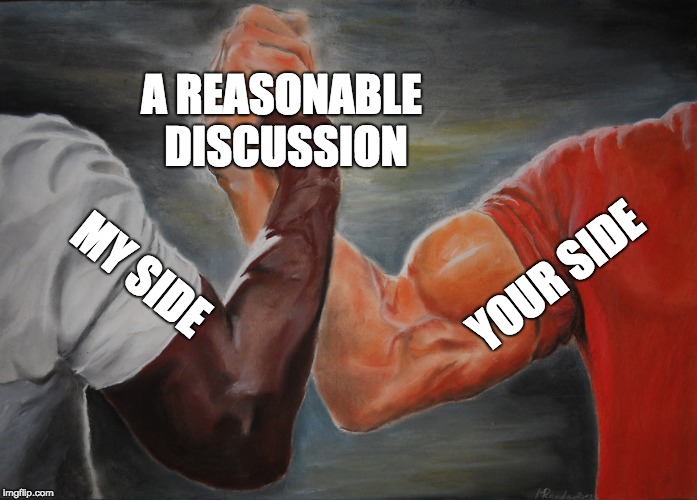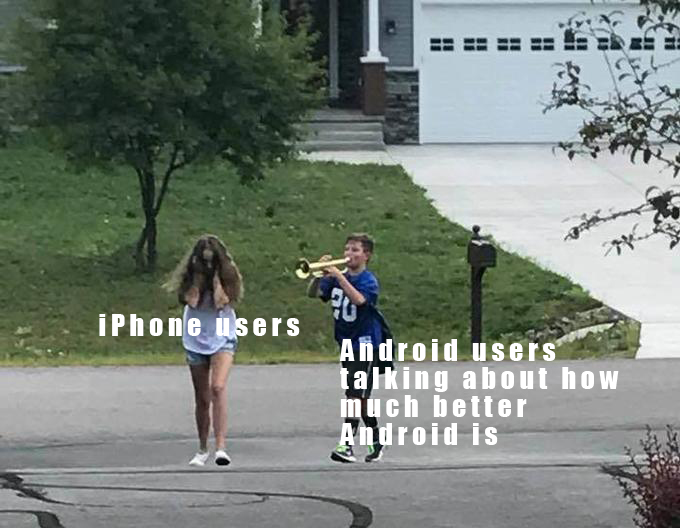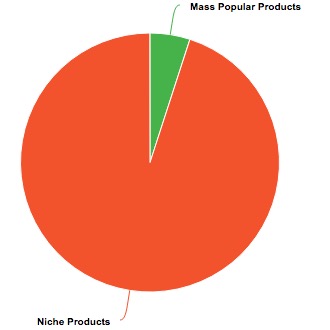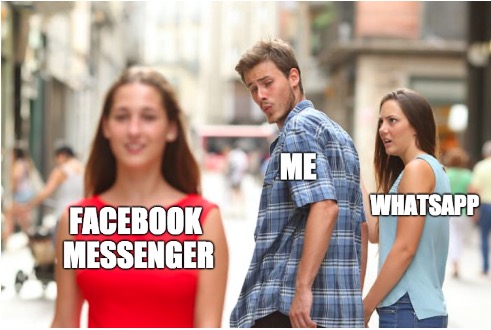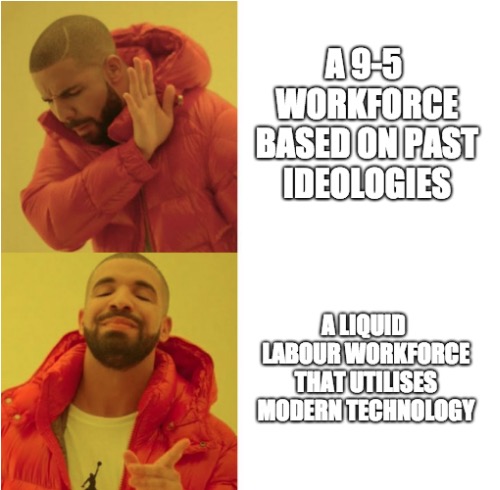The internet of things is the phenomenon of devices becoming more and more connected to the internet. Things like: lights, home assistant devices and coffee makers. The general rule being “anything that can be connected, will be connected” (Morgan, J 2014).
With the increase in connectable devices, and the growing market for such devices, “The analyst firm Gartner says that by 2020 there will be over 26 billion connected devices” (Morgan, J 2014). The possibilities that exist with this growing network are endless, imagine a world where your car can tell your house you’re 30 minutes away, and the aircon can make the house a nice temperature for when you arrive. Or when you pull onto the driveway late at night, the house turns the lights on, no more need to waste electricity leaving them on as you go out, or fumble around in the dark when you come home.
Connected technology is an exciting prospect, but it does bring with is some risks of exploitation as mention in previous weeks. Hopefully we can manage that well as a society to ensure we can reap the benefits of this new technology, whilst maintaining privacy and security in our own homes.
References
Morgan, J 2014, ‘A Simple Explanation Of ‘The Internet Of Things”, Forbes.com
